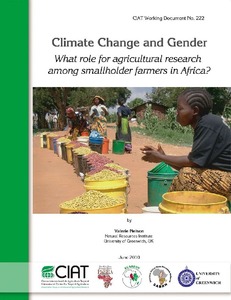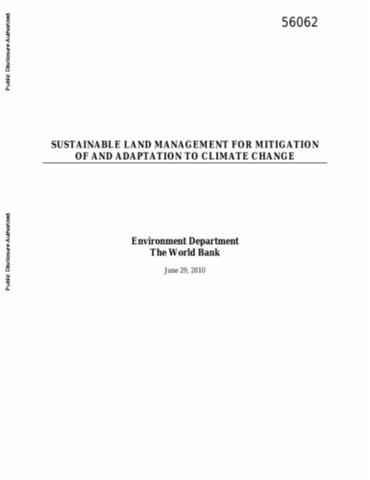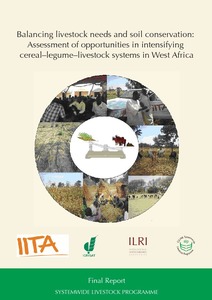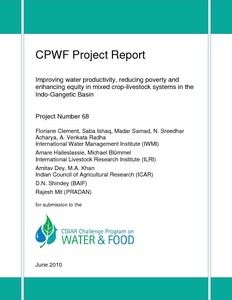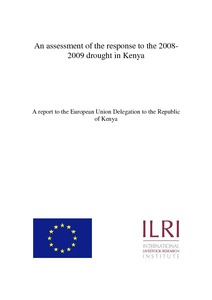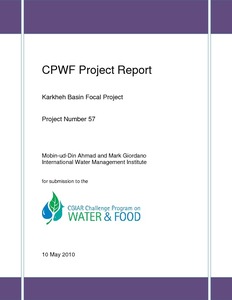The “Improving water productivity, reducing poverty and enhancing equity in mixed crop-livestock systems in the Indo-Gangetic Basin”
was designed and conducted by the International Water Management Institute (IWMI),
in partnership with international and national partners, to address the relative neglect of
livestock water needs of crop-livestock farming systems.
The primary objective of this project was to optimize the productive use of water in the
crop-livestock farming systems of semi-arid areas to enhance livelihoods, reduce

